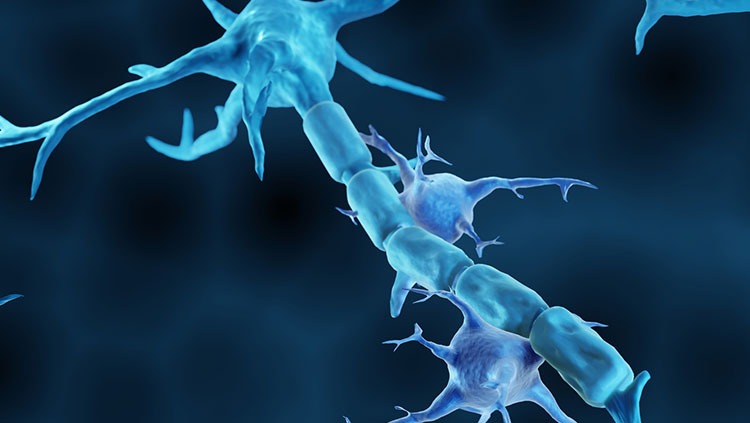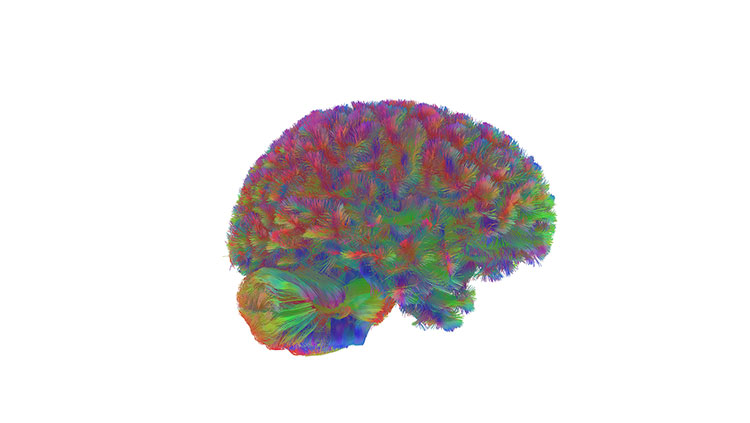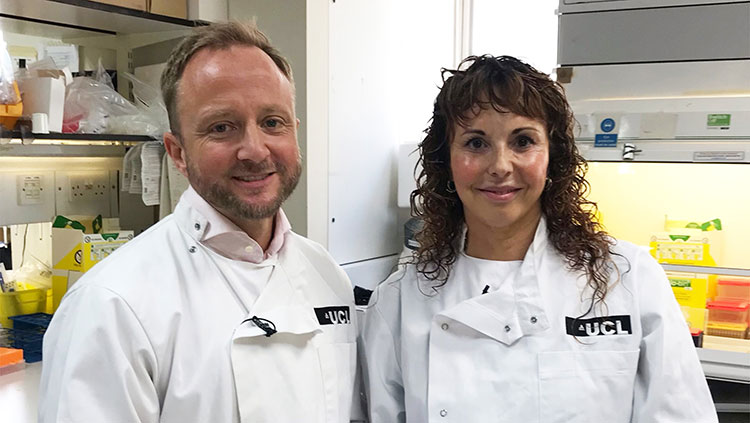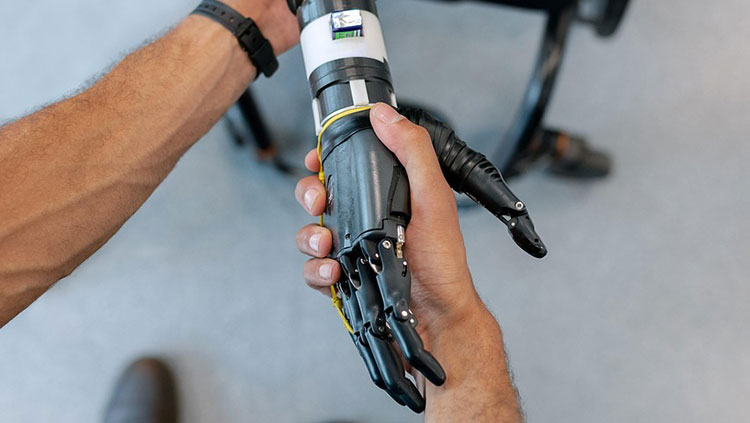ICYMI: First-Ever Cases of Transmissible Alzheimer’s Documented
- Published7 Feb 2024
- Author Tristan Rivera
- Source BrainFacts/SfN
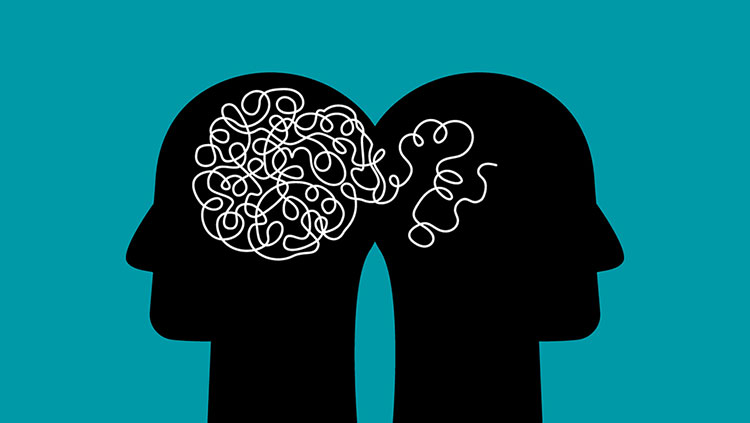
Patients who received growth hormone therapy derived from human cadavers’ brains showed signs of Alzheimer’s decades later, says a recent study published January 29 in Nature Medicine.
The research group, associated with University College London, suggested the hormone treatment transferred beta-amyloid protein associated with Alzheimer’s into some recipients’ brains. Decades later, these proteins propagated into disease-causing plaques, effectively suggesting Alzheimer's transmission through the medical procedure.
This medical treatment involving the human cadaveric growth hormone was initially used for conditions causing short stature — like brain tumors, developmental disorders, or hormone deficiencies — but is no longer practiced today. And from 1959 to 1985, the study authors only recorded five Alzheimer’s patients out of over 1,800 people in the U.K. known to receive the cadaveric growth hormone. The study authors and other outside researchers also emphasized Alzheimer’s is not a contagious disease you could catch by caring for a relative.
Big Picture: The findings are the first to document that Alzheimer's can be transferred from one person to another during a medical procedure. This evidence creates some debate if amyloid proteins can be considered prions — misfolded pieces of protein that later cause certain types of neurodegenerative disorders — or whether Alzheimer's is transmissible in similar ways to diseases derived from prions.
Read More: Scientists document first-ever transmitted Alzheimer’s cases, tied to no-longer-used medical procedure. STAT
More Top Stories
- People who play musical instruments are more likely to have better working memory and executive function performance in older age. BBC
- Anti-obesity GLP-1 receptor agonists drugs like Wegovy can reduce inflammation across the body and brain. Nature
- Handwriting, over typing, can increase activity and connectivity among brain regions involved in movement, learning, and memory. Science News
- Stressed mice produce a chemical in their intestines, indole-3-acetate (IAA), which interferes with cells protecting against pathogens. Nature
- Adjusting parts of adolescent rats’ environments and targeting their inflammation-related cells can reshape their emotional reactivity and resilience to stress. The Transmitter
- The cerebellum, housing three-fourths of our brain’s neurons, doesn’t just control body movements: It helps regulate interactions, behaviors, emotions, memory, learning, and more. Quanta Magazine
- New blood test detecting Alzheimer’s protein worked just as well as cerebrospinal fluid tests, with around 95% accuracy in detection. TIME
- 55 of the 92 U.S.-based physicians working on the latest Diagnostic and Statistical Manual of Mental Disorders (DSM-5-TR) accepted $14.2 million in total industry payments over three years before working on the manual. The Transmitter
- Fetal brain organoids (FeBOs) were recently used as a new model for studying development in the brain. Science
- Our perception of time may alter the actual time it takes for our bodies to heal. Technology Networks
- Ibogaine, an African plant-based psychoactive drug, lowered depression and PTSD symptoms in veterans with TBIs. WIRED
CONTENT PROVIDED BY
BrainFacts/SfN
References
What to Read Next
Also In Neuroscience in the News
Trending
Popular articles on BrainFacts.org



